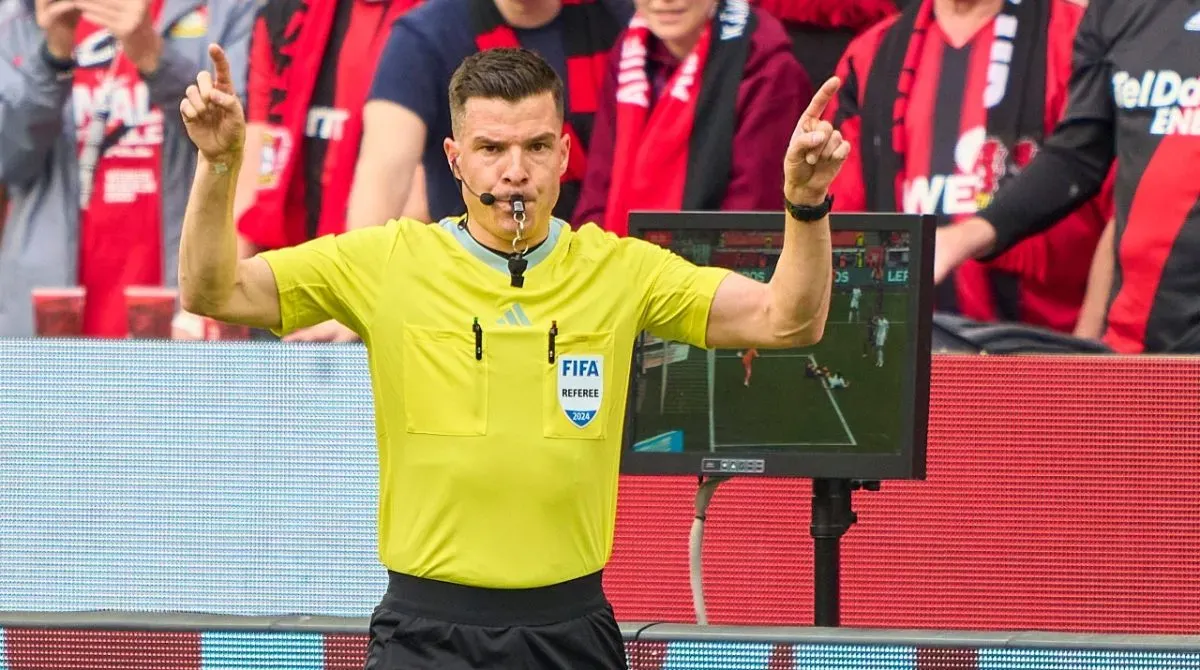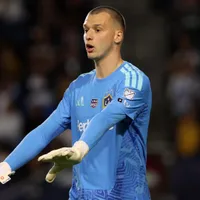Video assistant referee (VAR) is here to stay in the Premier League. Teams in the English top flight took a vote on Thursday on whether or not to scrap the technology. It was previously revealed that Wolves was leading a charge to potentially bar VAR beginning at the start of the 2024/25 season. Nevertheless, the West Midlands side was the only Premier League club to vote in favor of banning the technology.
Nearly every Premier League coach complained about officiating in England at some point during the most recent season. Wolves manager Gary O’Neil, however, was perhaps the most vocal of his peers regarding VAR. The coach regularly raised concerns over decisions that affected his team. O’Neil was eventually charged in April after labeling a specific call as “scandalous” and “horrendous.”
Wolves wanted to ban VAR because various refereeing decisions went against the club since the technology’s introduction. ESPN’s Dale Johnson recently determined that Wolves were negatively affected by VAR more than any other Premier League side. The expert on the technology claimed that Wolves had a “VAR net score” of -17 over the last five seasons. Arsenal, the club with the second-worst VAR rating, had a -7 VAR net score.
Premier League to make VAR changes that will minimize delays
Just before the official vote by the Premier League teams, English officials sent documents to all 20 clubs regarding the effectiveness of the technology. The league claimed there would be 100 more incorrect refereeing decisions each year if VAR did not exist. A vast majority of the top-flight teams agreed with the notion.
Following the overwhelming vote to keep VAR in place, the Premier League agreed to make several changes to the technology. One of the biggest tweaks regarding VAR will be to improve the fan experience by minimizing delays. Introducing semi-automated offside technology (SAOT) later in the year can help this. SAOT quickly tracks players on the pitch to determine whether or not they have strayed offside.

English officials recently admitted to their clubs that VAR delays increased by more than 50% last season. Making correct calls is ultimately the most important aspect of officiating. Nevertheless, many fans grew increasingly frustrated over the numerous lengthy delays during matches.
Along with implementing the popular new technology, Premier League referees will make in-stadium announcements after VAR calls. The move will give fans in the actual arena a better understanding of each decision. Analysts explain VAR decisions clearly and concisely on TV. Fans at the games do not have ample access to replays.
English top flight refs will also attend more training
Decreasing delays will make the VAR experience better for fans. However, there are still concerns over the level of officiating in England. While the Premier League is the most popular soccer league in the world, refereeing in the division is overwhelmingly unpopular. League execs are now attempting to improve their officiating standards.
In a statement released following the aforementioned vote, the Premier League claimed that their refs will attend more training. “Working with PGMOL on the implementation of more robust VAR training to improve consistency, including an emphasis on speed of process while preserving accuracy,” wrote the league.
VAR may not be fans’ favorite thing, but it is overall a useful tool for referees. The new alterations by the Premier League should both improve the accuracy and shorten delays during VAR reviews.
PHOTOS: IMAGO















